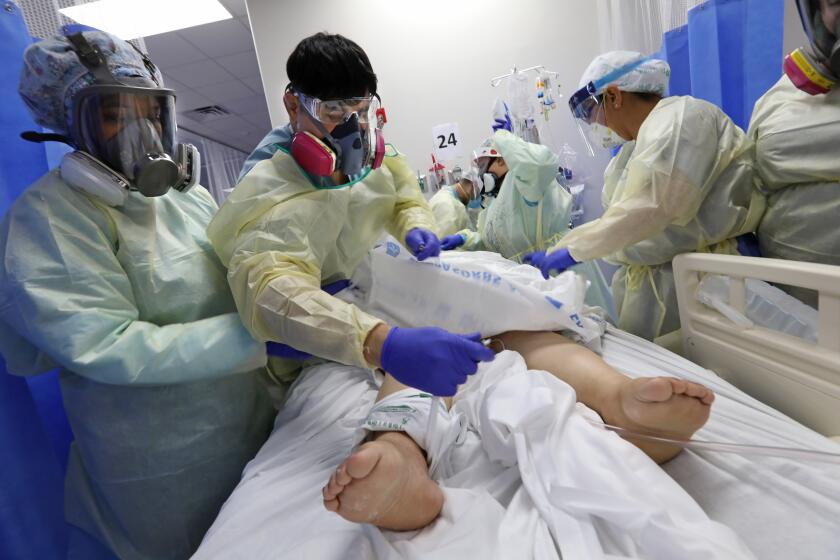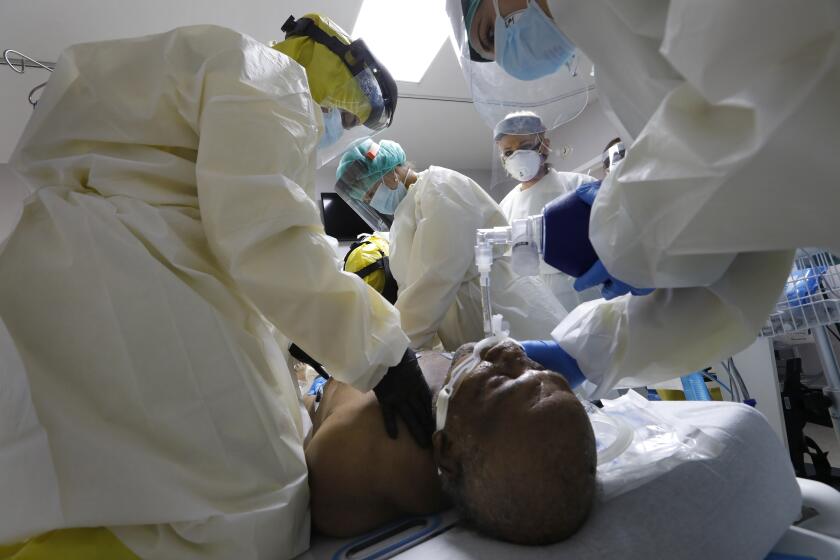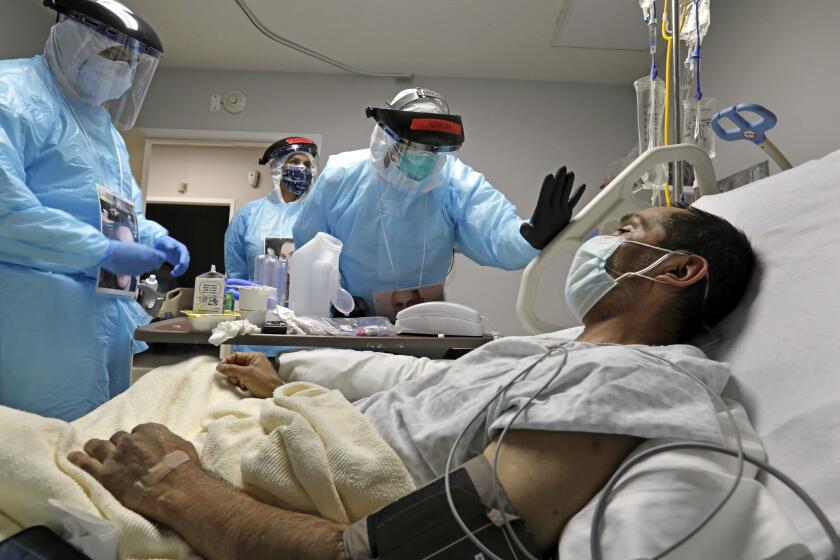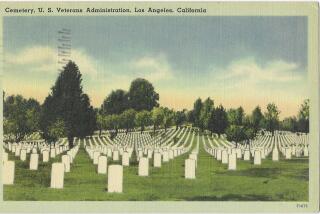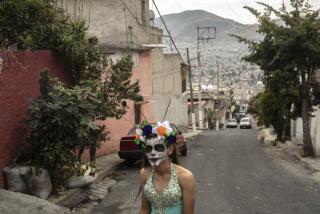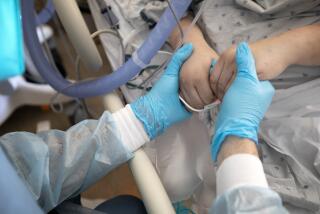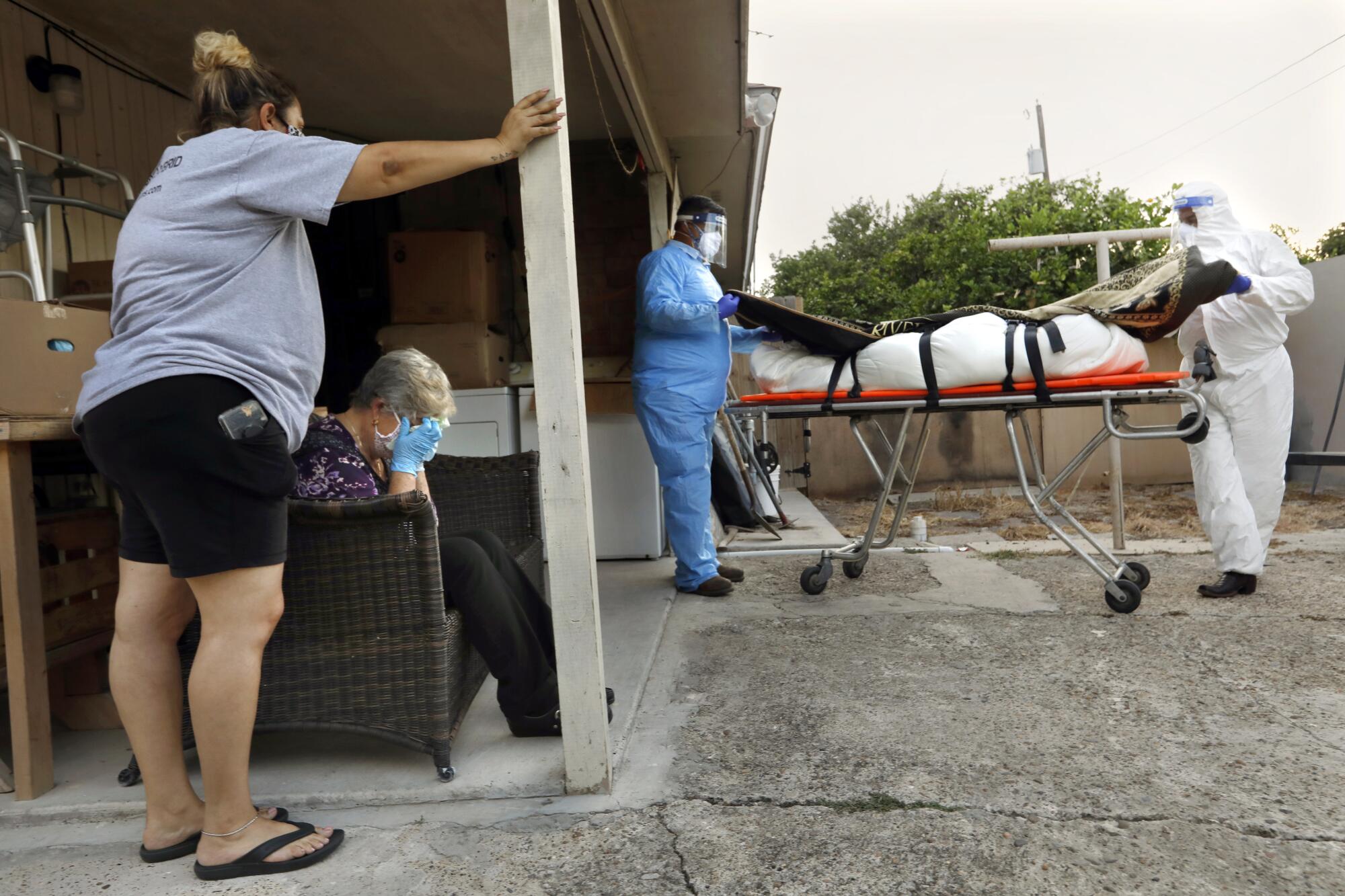
The family is waiting on the lawn when Juan Lopez arrives. He walks into the house, down a hall, through a door. Amalia Tinoco lies on a bed, a 91-year-old grandmother dead after battling the coronavirus. The family won’t admit it at first, but Lopez, a man so familiar with death that funeral directors call him by a nickname, knows the story.
His business is moving bodies. The grim glide of his black Cadillac Escalade is a frequent sight these days on the back roads and city streets of the Rio Grande Valley. The pandemic has brought an unrelenting tide of death to the borderlands: He has gone from transporting 15 bodies a week to 22 a day.
“So many bodies ... I lost count,” he said.
Lopez is brisk in his task. He travels with an N95 mask, a hooded protective suit and instincts sharpened over time.
“I treat all bodies like a COVID because people lie,” he said. “You ask, ‘Do they have COVID?’ and they say, ‘No, he just had a little cough,’ because there are a lot of funeral homes that are not taking them.”
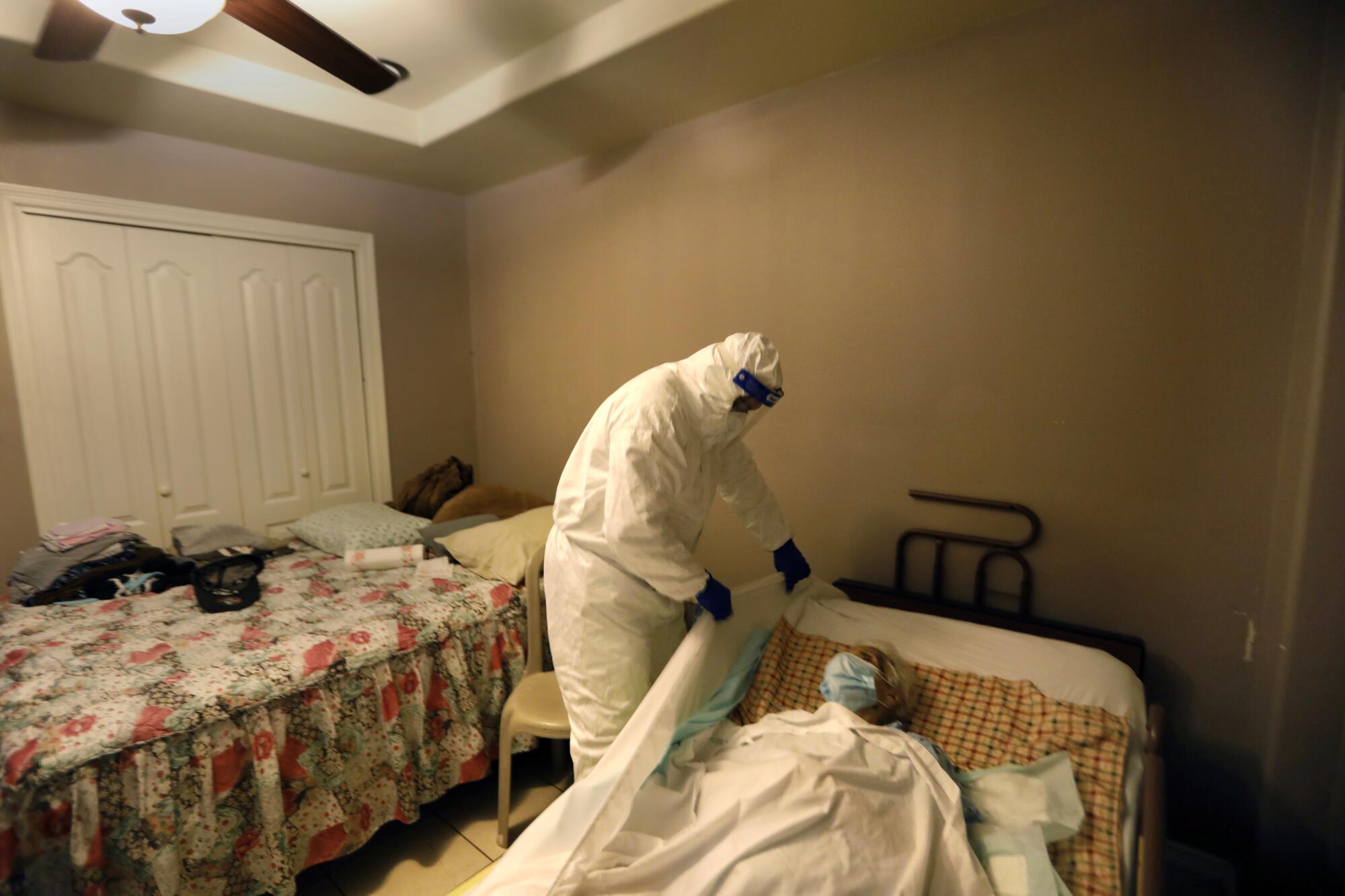
Funeral directors know Lopez, 45, as chilango, the guy from Mexico City. He was a latecomer to the valley, arriving at 14 when his parents moved their six children north to join relatives from Los Angeles. They became U.S. citizens. Lopez learned to speak the Spanglish valley vernacular, English punctuated with “¡N’ombre!” (No way!) “Mande?” (What?) and “¡No manches, güey!” (For real?)
He has transported bodies for 20 years. Much of that time he has held a contract to move them for Hidalgo County, epicenter of the valley’s COVID pandemic. He picks them up from hospitals, nursing homes, crime scenes and even alleys. He has ferried all kinds to funeral homes and morgues: Two police officers killed in a shooting last month, decapitated cartel victims and migrant children who drowned trying to cross the Rio Grande.
He has been divorced three times, mainly because he’s on the road so much. His ex-wives got jealous, he said, convinced he was with la otra, another woman. One of his exes hired a private investigator and secretly installed a tracker on his car, only to discover that his constant companion was ... bodies.
The job is often messy. His first case was a suicide, a 24-year-old woman who had shot herself in the head with a 12-gauge shotgun. But Lopez has never seen anything like the onslaught of COVID-19 deaths in the valley now, almost all Latino, many with familiar faces.
The spike in COVID-19 cases is contributing to a disproportionate number of Latinos dying statewide. As of Saturday, 826 people had died of the disease in the valley, about 12% of the state total,even though the area accounts for about 5% of Texas’ population. Half of the 6,837 Texans who died of COVID-19 were Latino, according to state health figures, although Latinos make up about 40% of the population.
Many of those dying are uninsured and have underlying health conditions. And in Texas, the largest state to refuse to expand health insurance under the Affordable Care Act, nearly a third of adults under age 65 are uninsured, the highest rate in the country. More than 60% of those without health insurance are Latino.
Nurses have traveled from Southern California and Florida to help as South Texas hospitals fill with critical coronavirus patients.
During one of his trips to pick up bodies from a hospital, Lopez asked a nurse why so many of his neighbors were dying of COVID-19.
“She said diabetes, obesity, high cholesterol, drug use and heavy drinking” worsened their prognosis, he said.
Lopez sleeps a few hours a night at the house he shares with his three youngest children in McAllen, one of the valley’s largest cities. When his red cell phone rings, his 5-year-old twin girls know he has to go because someone else has died.
“I don’t have time to be depressed,” he said while driving.
They have families. You have to treat them like people, not objects.
— Juan Lopez
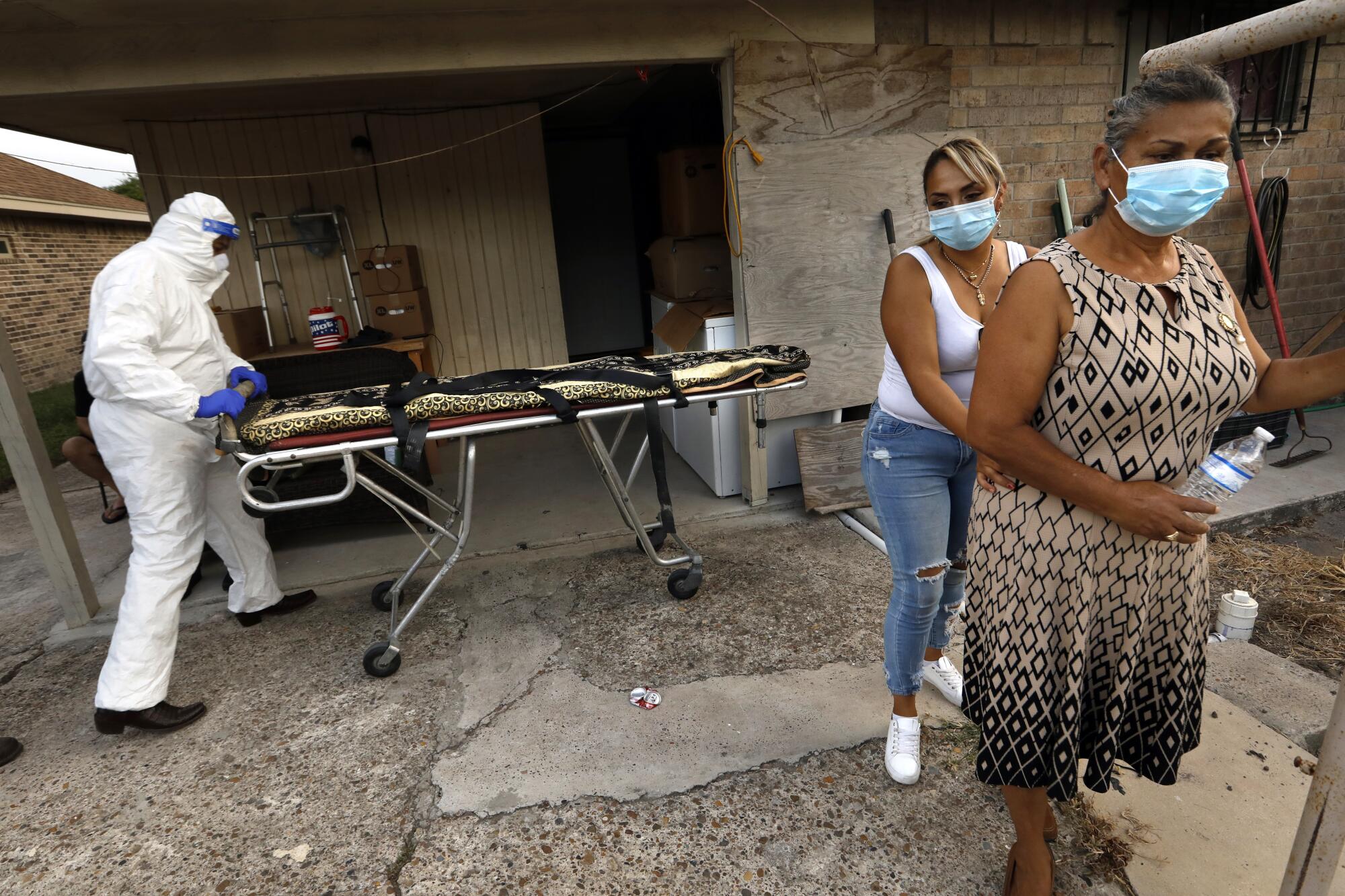
Despite the risks, Lopez — who named his company Elite Transportation Services — has watched his competition multiply. Some move bodies for half-price — $50 compared with the $100 he gets paid by the county — in cheaper minivans. Lopez dismisses them as “mommy vans” and refuses to cut costs.
He and his helper, Elizandro Flores, 48, a local teacher on furlough since schools closed due to the pandemic, arrive at midday recently at Tinoco’s ranch house in the border town of Pharr to find half a dozen of her relatives milling on the lawn. The death-certificate information on Lopez’s clipboard says Tinoco died of COVID-19.
“We were here, taking the precautions we could,” daughter Maura Ramirez, 41, says. “We are losing a lot of families.”
Lopez and Flores slip on N95 masks, face shields and gloves. Lopez unfolds a hooded white protective suit and pulls it over his alligator boots and sweat-soaked maroon dress shirt. He had hoped to attend a viewing in McAllen for a friend’s mother, nicknamed La Jefa, the boss, after she died of COVID. (He had transported her body, too.)
That will have to wait.
Two of Tinoco’s sons, Jose and Lionel, stand on the lawn, having driven east the day before from Modesto to see her before she died.
“It’s pretty bad there, too. It’s a risk, but you protect yourself,” says Jose Tinoco, 51, a painter, of the pandemic. “Who doesn’t want to see his mom?”
His brother follows Lopez and Flores as they wheel a gurney up the driveway, past other weeping, masked relatives. The pair enter the back door carrying a plastic board like astronauts in their suits. They pass two more masked relatives sitting in the kitchen, heads buried in hands. Through an open door, they see Tinoco’s frail body in bed in a shaded back room. They wrap her in sheets, hoist her onto the board and carry her outside to the gurney. They place her in a black body bag and zip it shut.
This Houston hospital tried to prepare for the second wave of COVID-19, but was already 80% full this week as a nurse and doctor fell ill.
As they wheel her down the driveway, Lionel Tinoco stops them. He and his 10 siblings plan to send his mother’s remains to Guanajuato, Mexico, to bury her beside her late husband. He wants to see his mother, to touch her one last time.
“No,” Lopez says. He isn’t going to risk getting COVID. Not long ago, his friend, a hospital security guard, reflexively picked up a patient’s cell phone when it fell. The guard got sick and, before he could quarantine, gave the virus to his wife. Now she lay hospitalized on a ventilator.
Lopez offers Tinoco a compromise that worked with other families: He could touch his mother’s body bag. That satisfies him.
“They want to say their last goodbyes,” Lopez says later in the car. “But I don’t want to be exposed.”
The valley is close-knit. People live and die together. When news spreads of a death, relatives descend on the house and, despite the risks, the pandemic hasn’t altered the way they mourn.
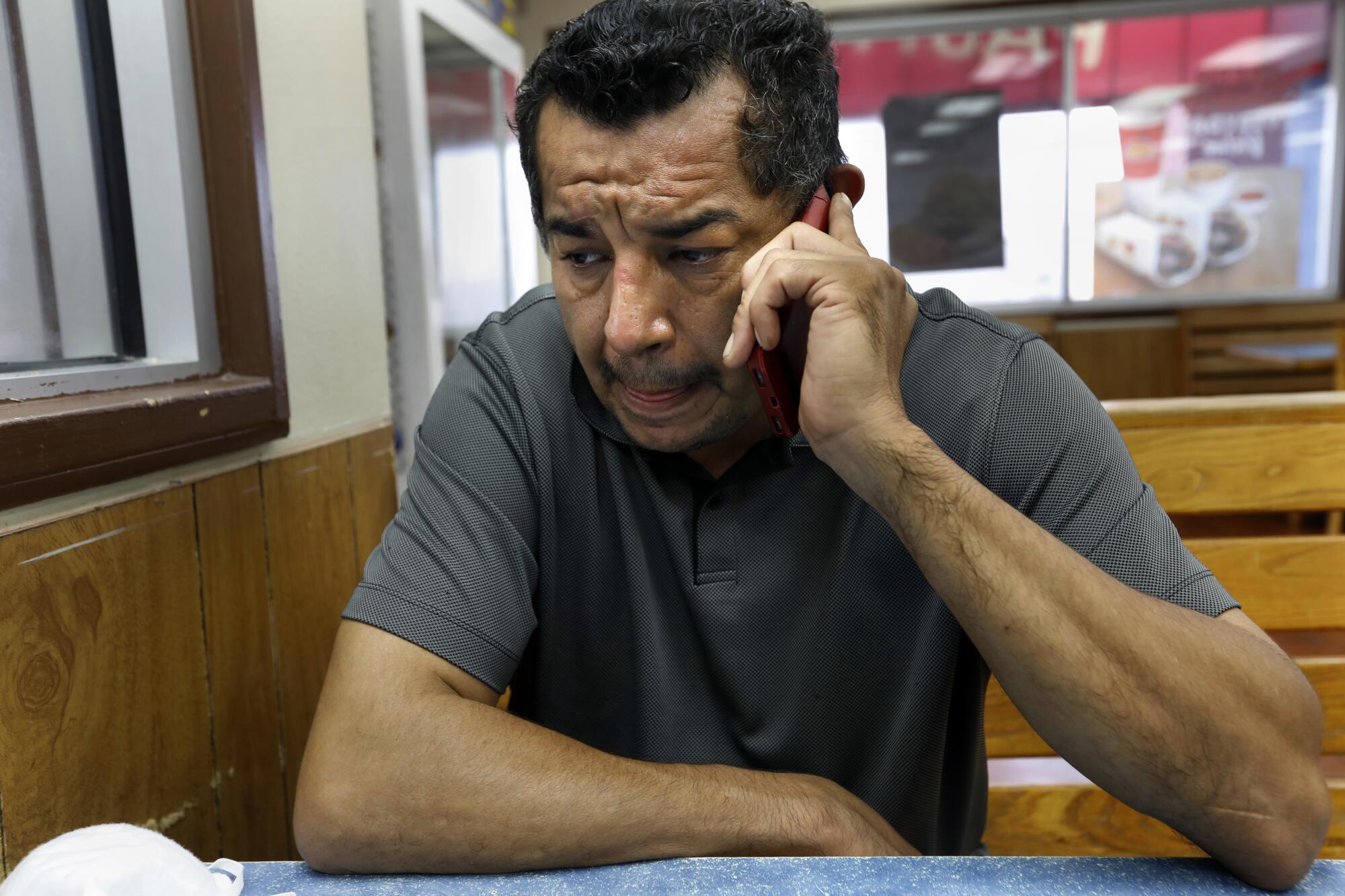
Recently, a family called Lopez to pick up a 26-year-old man, insisting his death was natural.
“When I got there, the investigator said, ‘Get your gear, because the mom’s positive,’” Lopez said. “They know he died of COVID, and they’re still in the house, kissing him and not wearing a mask.”
He has seen several couples die of the virus.
“I’m picking up a body, and the other one is right there, fighting to breathe,” he said.
Lopez recently transported the body of a woman who died of COVID-19 at a local hospital and later that day picked up the body of her husband after he died of the same thing at home.
“And the daughter was there not wearing a mask,” he said.
When Lopez retrieves the dead from a handful of local nursing homes, he said, staff are often just as careless, wearing the same gloves when handling COVID and non-COVID patients.
“They move the body, then they’re touching the wall, the doorknobs. I tell them, ‘Do me a favor — stay away from me,’” he said.
With few guidelines for handling COVID bodies, Lopez makes up safety rules as he goes. At the start of the pandemic, he refused to pick up COVID dead from hospitals that didn’t use body bags. He won’t do COVID deep cleans, even though upstart companies in the valley are charging more than $2,000.
“I don’t want to get sued,” he said.
A Houston hospital isn’t just battling the coronavirus. It faces patients who, convinced they’re not infected, leave before treatment is finished.
Lopez is trim and naturally effusive, but he is worn down by weeks of death and anxiety. He prays before every meal but quit attending church during the pandemic for fear he might get sick. When his brother recently invited him to a backyard barbecue, or pachanga, Lopez not only declined, he got mad.
“Don’t you see the situation?” he said. “You have to take care of yourself and your kids.”
His brother said he was being too serious.
“It is serious,” Lopez said.
Lopez often moves bodies from his Escalade into a refrigerated trailer behind Rivera Funeral Home in McAllen. On a recent stop, the trailer held 10 bodies, with space for 90 more. The door swung open, and a stench hit the air. He said the funeral home was adding shelves and a second roll-in freezer. Crematoriums in the valley were delayed several weeks, overwhelmed with COVID dead.
“All this is happening here because of South Padre Island and everything opening up,” Lopez said, referring to a May order by the governor.
“The dominoes are coming,” he said. “We’re waiting for Labor Day.”
As he dropped a body at De Leon Funeral Home, one of the owners compared the risks they face to the early days of the AIDS epidemic. Javier De Leon, 60, said he has handled only two COVID funerals since the pandemic started, mainly because he won’t do velorios, open-casket viewings that can last for days, with food and mariachis.
“You can’t with the COVID. I say, ‘It’s for your own protection,’” he said.
These are dark days in the valley, even for those accustomed to death.
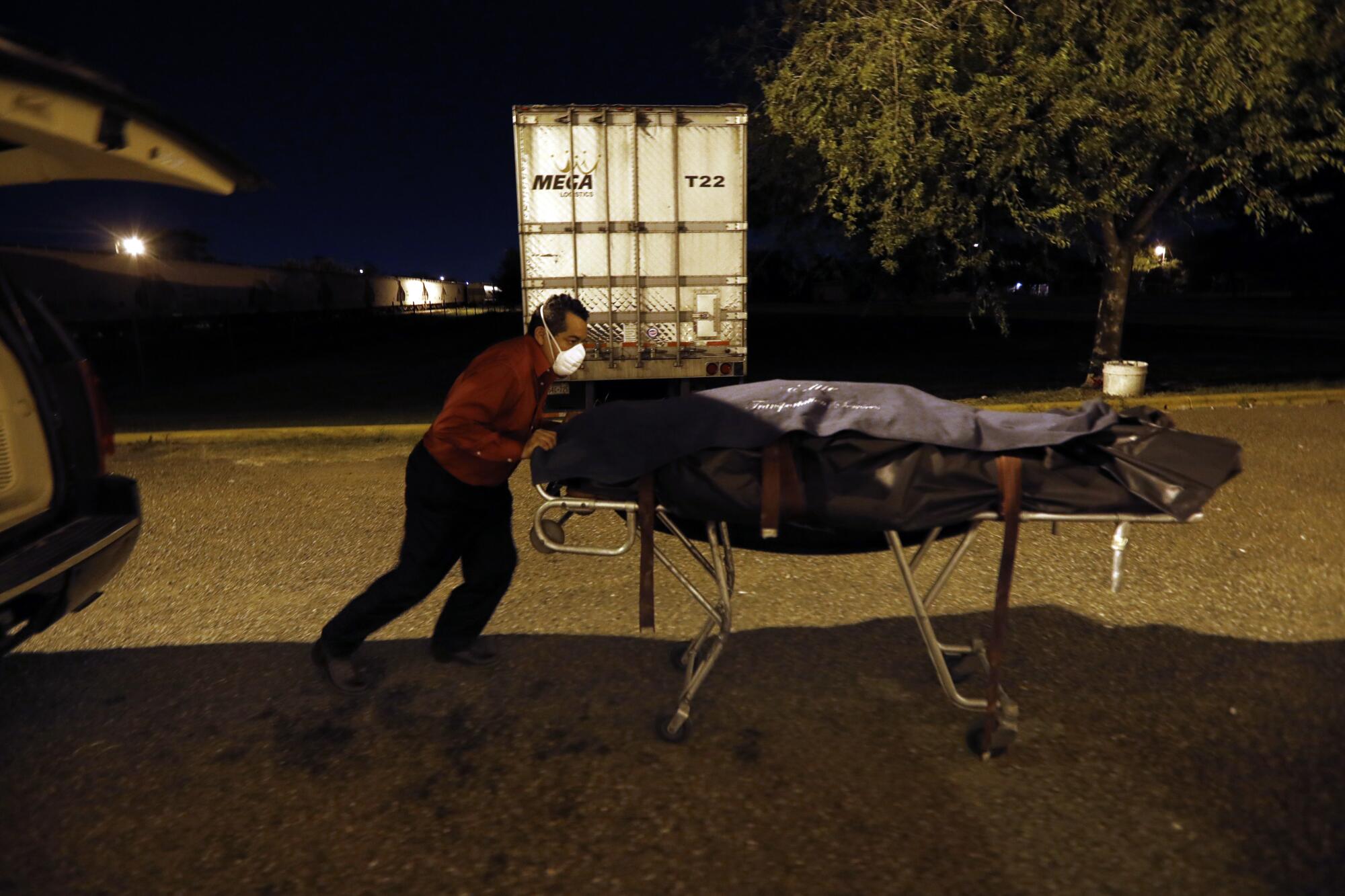
Later that night, when Lopez drove to pick up a body from a trailer behind a hospital in the Hidalgo county seat of Edinburg, a security guard met him looking post-apocalyptic: dressed in black, eyes peering from a gas mask. Across the parking lot, the hospital’s windows glowed with suited figures treating dozens of COVID patients hooked to ventilators.
The guard helped open the trailer. Lopez stepped into the cold, amid the bodies.
At first, he couldn’t find the woman he needed to move. Someone had lied to him again: Her body weighed more than 400 pounds.
Lopez struggled to lift her onto his gurney. The security guard helped. As Lopez wheeled the gurney down a slippery wooden ramp, it dragged him like a sled. He steered the gurney toward the Escalade, then he and the guard hoisted the body bag inside.
As he drove the body to a funeral home in McAllen, Lopez called to update the employee there who had assured him the woman weighed less.
“Mañana, tráeme un café, OK?” he said, and she agreed to bring him coffee as payback.
Even with the most difficult bodies, Lopez tries to be respectful.
“They have families,” he said. “You have to treat them like people, not objects.”
He quotes the Mexican saying “El que tenga tienda, que la atienda, sino que la venda” — if you have a business, pay attention or sell it. When he has caught his workers approaching funeral homes behind his back, offering to move bodies for less, he fired them.
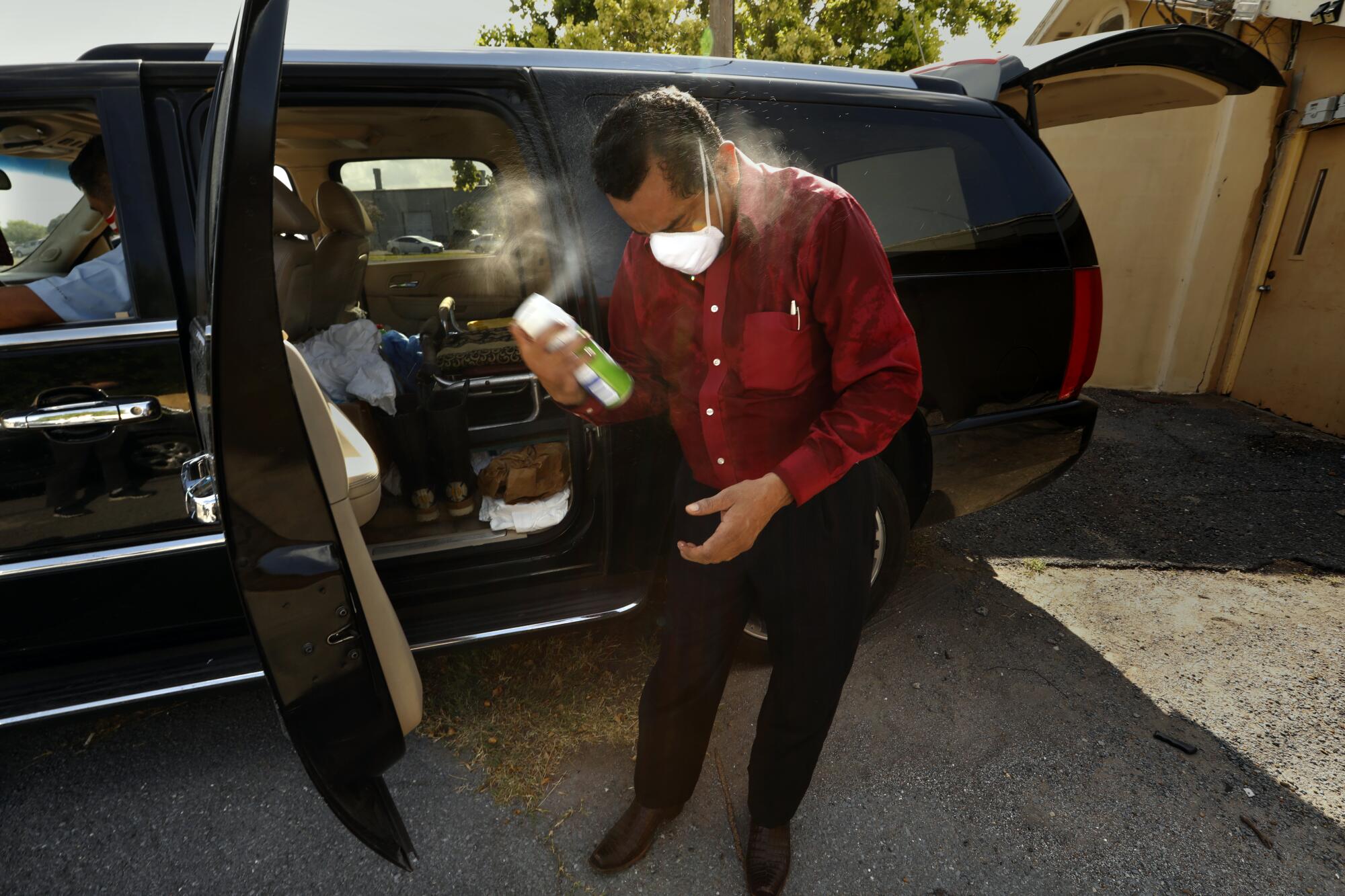
A high school dropout, Lopez likes being his own boss. He raised his prices during the pandemic, given the health risks and added costs of protective equipment. Funeral homes have been willing to pay. Lopez hopes to expand, to move bodies for neighboring Cameron and Starr counties and buy a funeral home.
None of his relatives have followed him into the business. His eldest daughter, a 26-year-old registered nurse in the valley, calls daily to check on him. Lopez isn’t sure who he wants to move him when he dies. But he belongs to a local low-rider club and tells people he wants to be buried in his black-cherry 1948 Chevrolet Fleetline.
He drives with his Escalade’s windows open to the sultry air. It feels safer that way. Even with a body in back, it smells of fruity air fresheners, the Marlboro Reds he smokes and the Lysol he sprays himself down with after every call. He’s fit. Still, sometimes when he’s driving, he breathes deep, testing his lungs, making sure he doesn’t feel sick.
More to Read
Start your day right
Sign up for Essential California for news, features and recommendations from the L.A. Times and beyond in your inbox six days a week.
You may occasionally receive promotional content from the Los Angeles Times.

